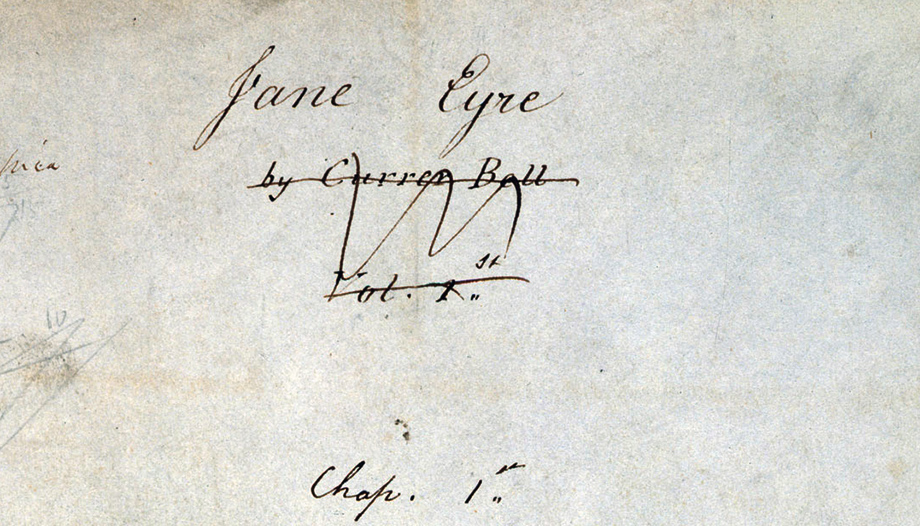Jane Eyre is the protagonist of the best story of the great Victorian novelist Charlotte Brontë. It tells the story of a young orphan who, after suffering a harsh childhood of abuse by her distant relatives, who end up leaving her in a miserable boarding school, comes to work as a boarder, a teacher of a girl in a noble house.
Even as a child, she had already shown her sensitivity and intelligence. On one occasion she responds with character to her cruel tutor: "You think I can live without a little love; but I can't live like that". Then she will find the love of a good man, although of difficult temperament and circumstances; she will have to suffer various tribulations along the way and overcome arduous obstacles. To the attractive and tempting proposal of an immoral and unworthy relationship, she will answer according to her delicate and firm Christian conscience: "I must renounce love and the idol". To the invitation to contract a marriage of convenience, based on a rigid religiosity, without affection or tenderness, she will answer: "He is not my husband and never will be. He does not love me; I do not love him; he is severe, cold as an iceberg; I am not happy at his side".
Intimate communion
Marriage constitutes "the intimate communion of conjugal life and love," as the Second Vatican Council accurately teaches. In reality, only true love, based on the spousal covenant between a man and a woman, on reciprocal and faithful self-giving, on total self-giving, on sharing the project of forming a welcoming and fruitful home, does justice to the greatness of the person, to his or her unique value, and also to the beauty of the attraction and the promise of "eros".
If this desire for full marital commitment is lacking - perhaps because of a harmful hypertrophy of the utilitarian, economic, hedonistic, emotional dimensions, or because of serious immaturity - the relationship becomes debased and mercenary, contrary to what every human being deserves, who must always be treated as an end and not as a means, in conformity with the personalist norm, as John Paul II taught (cf. Letter to Families, n. 12).
Friendship and virtue
Conjugal friendship constitutes a specific vocation, a gift and a task to be built with wisdom, tenacity and hope. It is a work of formation in virtue, which cannot be left to mere capricious and volatile spontaneity. It requires the education of the heart, the will and the intelligence, with the help of teacher-witnesses and communities that strive for human excellence.
It also requires the exercise of prudence to find at every moment and in every situation the best way to cultivate conjugal affection, the patience to persevere in the good of family communion in the midst of trials and crises, the effort to find ways to renew the illusion of love, to improve again and again the forms of life together.
Moreover, whenever we have recourse to the Lord, the grace of the Holy Spirit comes to the aid of our weakness (cf. 2 Cor 12:9). The union of friendship with Jesus Christ, the Bridegroom of the new covenant, infuses supernatural sap that regenerates human friendships, beginning with that very special one that must be cared for within each marriage. God's gift makes possible the conjugal and family self-giving longed for and sealed with the covenant. The sacrament of marriage contains a permanent divine blessing, which simply requires recourse to the abundant means we have in the Church-continuous formation, prayer life, frequency of the sacraments, participation in the community, works of service and mercy-to fulfill the Master's command: "Abide in me" (Jn 15:4).
After a tortuous journey, in which the audacious Jane Eyre maintains with serenity and fortitude the inner orientation towards authentic love, supported by the Lord, she joyfully finds the reward for her efforts and her coherence in the path of goodness, going so far as to affirm: "I consider myself extremely blessed; for I am my husband's life as completely as he is mine".








